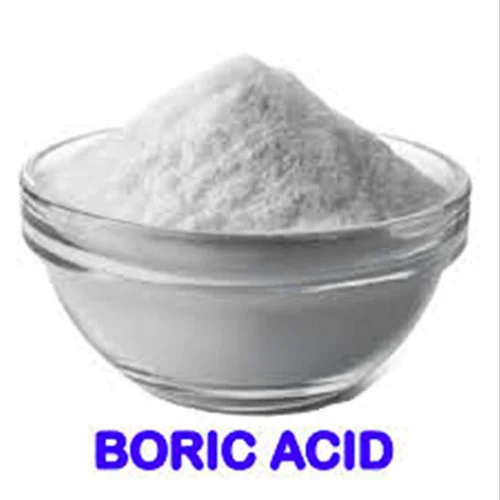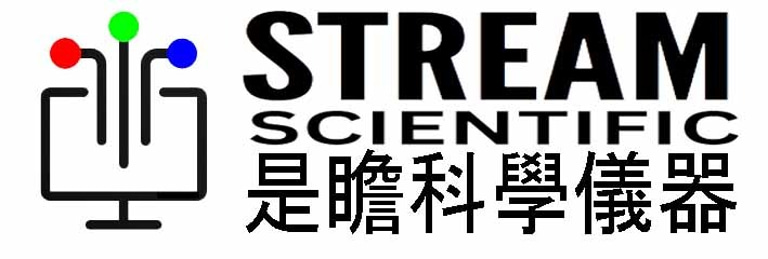
Boric acid
硼酸
HK$163.40
H3BO3, GR >99.8%, CAS : 10043-35-3
Boric acid, also known as hydrogen borate, is a compound that contains boron, oxygen, and hydrogen. It has several uses in secondary science subjects, including:
1. Chemistry: Boric acid is commonly used as a pH buffer in chemistry experiments. It can help maintain a specific pH level in solutions, which is important for certain chemical reactions. Students can use boric acid to prepare buffer solutions and investigate how pH affects the rate of a reaction or the behavior of other substances.
2. Biology: Boric acid has antiseptic and antifungal properties. In biology, it can be used to study the effects of antiseptics on microorganisms or to inhibit the growth of certain fungi. Students can perform experiments to test the effectiveness of boric acid as an antiseptic or explore its impact on various microorganisms.
3. Environmental Science: Boric acid is sometimes used as a pesticide or herbicide. In the context of environmental science, students can study its effects on pest control or explore its environmental impact. They can investigate its effectiveness in controlling pests or study how it interacts with the ecosystem.
4. Geology: Boric acid is found in some minerals and volcanic waters. In geology lessons, students can learn about the formation and occurrence of boron minerals. They can also study the geological processes that contribute to the presence of boric acid in certain environments.
Boric acid
H3BO3, GR >99.8%, CAS : 10043-35-3
Boric acid, also known as hydrogen borate, is a compound that contains boron, oxygen, and hydrogen. It has several uses in secondary science subjects, including:
1. Chemistry: Boric acid is commonly used as a pH buffer in chemistry experiments. It can help maintain a specific pH level in solutions, which is important for certain chemical reactions. Students can use boric acid to prepare buffer solutions and investigate how pH affects the rate of a reaction or the behavior of other substances.
2. Biology: Boric acid has antiseptic and antifungal properties. In biology, it can be used to study the effects of antiseptics on microorganisms or to inhibit the growth of certain fungi. Students can perform experiments to test the effectiveness of boric acid as an antiseptic or explore its impact on various microorganisms.
3. Environmental Science: Boric acid is sometimes used as a pesticide or herbicide. In the context of environmental science, students can study its effects on pest control or explore its environmental impact. They can investigate its effectiveness in controlling pests or study how it interacts with the ecosystem.
4. Geology: Boric acid is found in some minerals and volcanic waters. In geology lessons, students can learn about the formation and occurrence of boron minerals. They can also study the geological processes that contribute to the presence of boric acid in certain environments.
It's important to note that when using boric acid or any other chemicals in scientific experiments, proper safety precautions should be followed. Students should wear appropriate protective equipment and conduct experiments under the supervision of a teacher or a responsible adult.
Boric acid 硼酸,也稱為硼酸氫鹽,是一種含有硼、氧和氫的化合物。 它在中學科學科目中有多種用途,包括:
1.化學:硼酸在化學實驗中常用作pH緩衝劑。 它可以幫助維持溶液中特定的 pH 水平,這對於某些化學反應很重要。 學生可以使用硼酸來製備緩衝溶液,並研究 pH 值如何影響反應速率或其他物質的行為。
2.生物:硼酸具有防腐和抗真菌特性。 在生物學中,它可用於研究防腐劑對微生物的影響或抑制某些真菌的生長。 學生可以進行實驗來測試硼酸作為防腐劑的有效性或探索其對各種微生物的影響。
3.環境科學:硼酸有時用作殺蟲劑或除草劑。 在環境科學的背景下,學生可以研究其對害蟲防治的影響或探索其對環境的影響。 他們可以研究其控制害蟲的有效性或研究它如何與生態系統相互作用。
4.地質學:硼酸存在於一些礦物質和火山水中。 在地質課上,學生可以了解硼礦物的形成和賦存情況。 他們還可以研究導致某些環境中硼酸存在的地質過程。
需要注意的是,在科學實驗中使用硼酸或任何其他化學物質時,應遵循適當的安全預防措施。 學生應穿戴適當的防護裝備,並在教師或負責的成年人的監督下進行實驗。
Chemical Structure made available to public from PubChem
Nomenclature according to IUPCA standard
All prices are in Hong Kong Dollars (HKD)
Refer HERE for Purity representation

